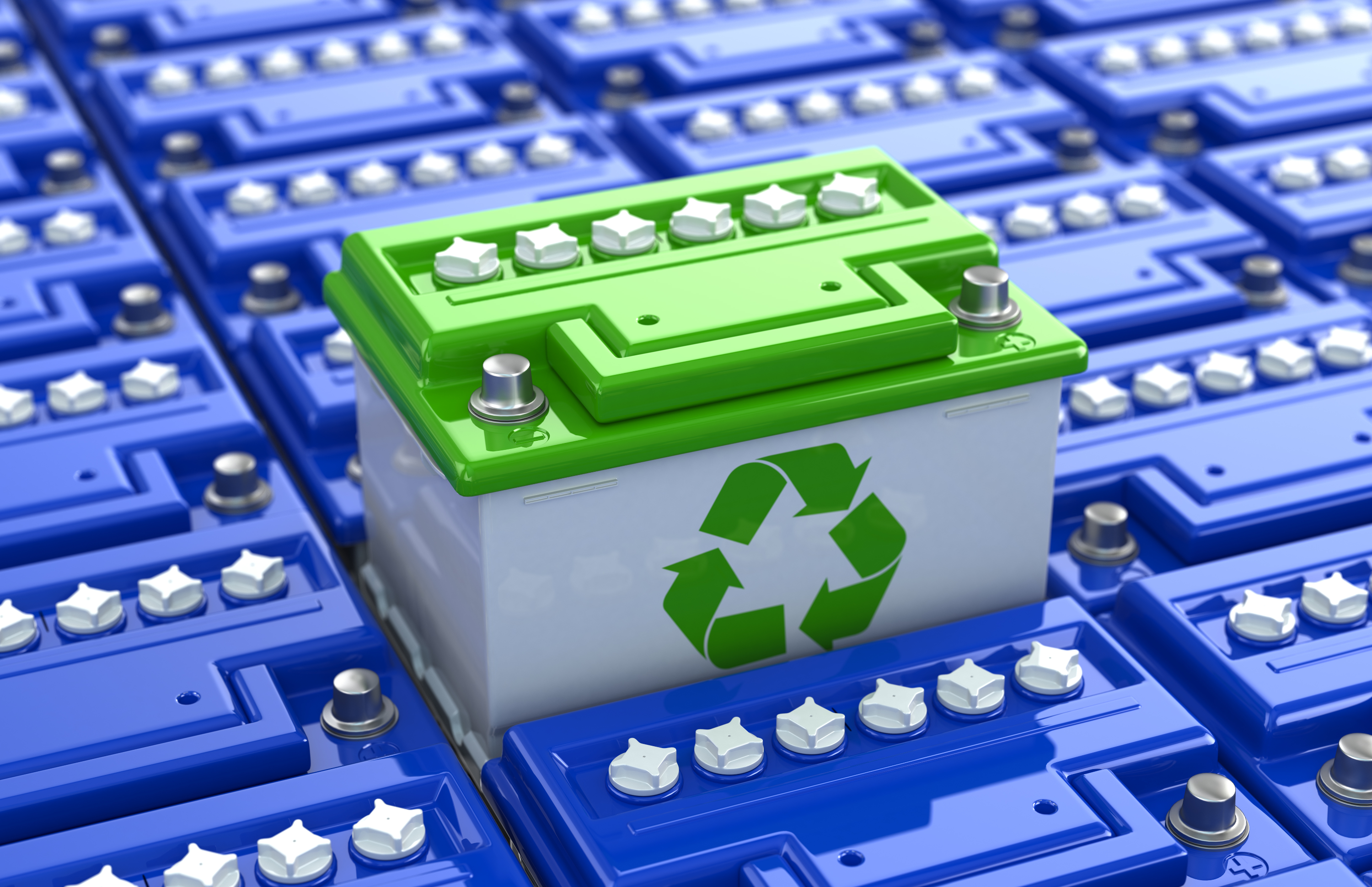Ascend and Elemental form joint venture to boost European battery recycling
Opinion Pieces

17
Apr
2024
Ascend and Elemental form joint venture to boost European battery recycling
US-based Ascend Elements and Poland-based Elemental Strategic Metals have formed AE Elemental, a 50:50 joint venture (JV) to enhance the recycling capabilities of end of life (EoL) electric vehicle (EV) batteries in Europe.
The announcement brings news of a new EV recycling facility that will be constructed in Zawiercie, Poland and will be managed under the JV. The project will be capable of recycling 12ktpy of EoL EV batteries, carrying out the discharge, disassembly and shredding of batteries to directly produce black mass. The facility will also have the capability to process up to 20ktpy of black mass for the extraction of lithium and other battery metals.
Recently, AE Elemental also announced plans for a larger recycling and processing facility in Germany, which is estimated to have capacity for up to 25ktpy of EoL batteries. Combined, these projects would significantly boost the outlook for European recycling capability as more EVs reach EoL. Currently, the majority of material available for recycling comes from process scrap during battery manufacture, as most EVs are still currently being used on the road. Those batteries that do reach EoL in EV applications are largely collected from car accidents or battery pack warranty claims, but even these mainly end up in second-use applications initially. The pool of available batteries is therefore relatively small and it will not be until early next decade when available EoL batteries from expired EVs exceeds that from process scrap.
This situation can make it challenging for companies entering the recycling business, as material can be harder to come by to make the facility profitable at the specified scale. The demand outlook for recycled battery raw materials is clearly strong, but the feedstock needs to be there in order to produce it. Timing is therefore crucial when it comes to investing in and scaling up battery recycling operations to ensure a successful project, however, as time goes on, more available material should ease concerns around the economics of battery recycling.
Ultimately, recycling is the fundamental component for a circular battery economy and considerable capacity will be needed in all global regions. Increasing Y-o-Y EV sales will lead to increasing quantities of EoL batteries, so domestic recycling capacity must be in place to be able to handle this. In addition, the considerable effort going into building domestic supply chains in Europe and North America that reduce reliance on China cannot be unsupported by inadequate recycling capacity. Announcements such as this from AE Elements are therefore a major boost for the European battery supply chain, which will look to become increasingly circular in the future.